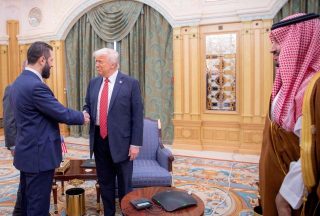A heavy blanket of smog has choked India’s capital, filling the air with an acrid smell and forcing residents to demand urgent government action as pollution levels climbed. By Monday morning New Delhi’s air quality index hit 344 — classed as “severe” and far above World Health Organization exposure recommendations.
Dozens of people gathered near the India Gate war memorial on Sunday to protest the toxic haze. Children joined parents, wearing masks and holding placards; one read “I miss breathing,” while another, later torn, said “I just want to breathe.” Protesters called for stronger measures as the city, home to some 30 million people, again ranked among the world’s most polluted capitals.
Each winter a deadly smog forms when cooler temperatures trap pollutants near the ground. Emissions from crop burning, industrial activity and vehicle exhaust combine to push fine particulate matter (PM2.5) — small, carcinogenic particles that can enter the bloodstream — to dangerously high concentrations. PM2.5 levels routinely spike to as much as 60 times the UN’s recommended daily limits, and readings near the protest site exceeded the WHO daily maximum by more than 13 times.
“I am here just as a mother,” said Namrata Yadav, who attended with her son, adding she feared becoming a “climate refugee.” Lawyer Tanvi Kusum described her participation as born of frustration: “Year after year, it is the same story, but there is no solution. We have to build pressure so the government takes this seriously.” A young woman speaking for Delhi warned, “Pollution is cutting our lives.”
Government responses so far have been limited: partial restrictions on fossil-fuel vehicles and water trucks that spray mist to settle dust. Protesters and public-health experts say these measures are inadequate. Research in The Lancet Planetary Health estimated 3.8 million deaths in India from air pollution between 2009 and 2019, and UNICEF warns polluted air greatly increases children’s risk of acute respiratory infections.
As night fell, the crowd grew and police intervened, detaining several activists and confiscating materials, citing a lack of permits. The protesters’ simple plea — captured on their signs — underscored the urgency: they want clean air and the right to breathe.



